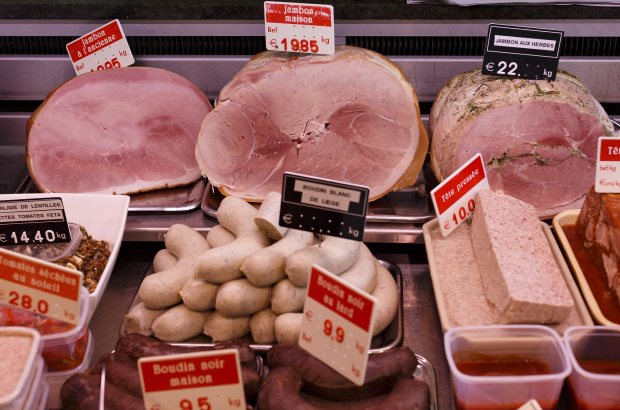- Daily & Weekly newsletters
- Buy & download The Bulletin
- Comment on our articles
12% of meat tested in Brussels does not meet food safety standards
Three tons of food from retailers and restaurants in Brussels was binned in 2019 because it did not conform to safety regulations. Seventeen of the establishments had to close because of a risk to consumer health.
Most troubling, according to the report released by food and hygiene inspection agency Brulabo, was that 12% of all meat sold in restaurants, snack bars, butchers and shops was not up to code. This was the case mostly in snack bars and butchers. The figures are based on 410 inspections that were carried out in 2019, which resulted in 186 samples taken.
The biggest problem with the meat was the presence of sulphite, which is only allowed in certain kinds of processed meats such as lunch meats and charcuterie. And in many of those kinds of products, the maximum allowed level was exceeded. The reason sulphite is banned in fresh meats is because it adds a reddish colour, which can lead the consumer to think that the product is more fresh than it is.
Salmonella and E. coli
Snack bars and butchers were also guilty of harbouring salmonella in their meats, the first time the bacteria was found in meat meant to be cooked. Salmonella was discovered in seven of the 151 samples of minced beef taken and in six of the samples of sausages, kofta and marinated pieces of meat. In three of the total samples taken, meanwhile, E. coli was found.
In total, more than 3,000 kilograms of food had to be binned, largely due to an expired date, being stored at a too high temperature or having damaged packaging. In some cases, inspectors could not trace the origin of the food.
While 17 of the establishments were closed, 155 fines were issues, mostly for the presence of sulphite or salmonella.
Photo ©Maxime Anciaux/BELGA

















